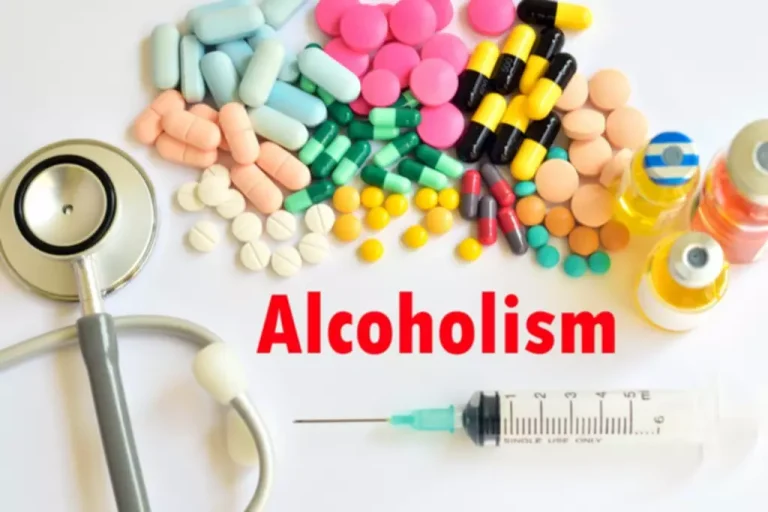
One way in which alcohol directly affects the kidneys is by altering the form and structure of this pair of organs, as demonstrated by various animal studies. For example, in an early study on dogs (Chaikoff et al. 1948), investigators observed several striking alterations after chronic alcohol administration. The basement membrane of the glomerulus (see sidebar figure) became abnormally thickened and was characterized by cell proliferation. Further changes included enlarged and altered cells in the kidney tubules. In another study, Van Thiel and colleagues (1977) compared kidney structure and function in alcohol-fed and control rats. Energy drinks often contain high levels of caffeine, sugar, and other stimulants.
Kidney Pain After Drinking Alcohol
Some recent research has indicated potential negative impacts of alcohol on kidney health. Chronic drinking, especially when it leads to liver disease, can have a detrimental impact on kidney health. Established liver disease affects the rate of blood flow to the kidneys, impairing the crucial balancing act required for proper blood Alcoholics Anonymous filtration. The kidneys may struggle to maintain their crucial functions when faced with the added workload due to liver disease.
Treatment
Athletes engaging in intense endurance events, for example, might experience this if they consume significantly more fluids than their bodies can process in a short time frame. Another example is individuals with pre-existing kidney conditions who might experience discomfort more readily with increased fluid intake than those with healthy kidneys. It is important to note that this discomfort is usually temporary and resolves once the body has processed the excess fluid. We will examine the complex interplay between hydration, kidney function, and pain perception, exploring how different fluids – from water to alcohol – can influence kidney health.
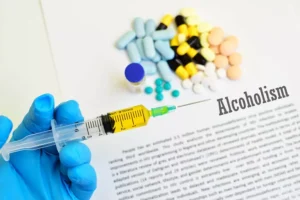
Your kidney health is unique. Your path should be too.
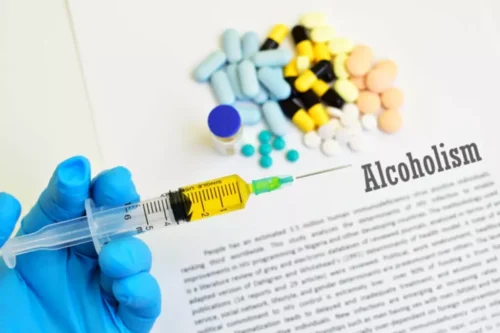
The impact of these different fluids on the kidneys underscores the importance of mindful fluid intake and a balanced approach to hydration. Chronic kidney disease (CKD) is a progressive condition in which the kidneys gradually lose their ability to function properly. Regular heavy drinking can double the risk of developing chronic kidney disease, while regular excessive alcohol consumption can worsen existing kidney disease. Heavy drinkers who also smoke are at an even higher risk of kidney problems, with heavy drinking and smoking combined increasing the chance of developing CKD. As an example, Puddey and colleagues (1985) evaluated the effects of hormones that regulate kidney function. Their results show not only how alcohol disrupts homeostasis but also how the body reacts to restore it.
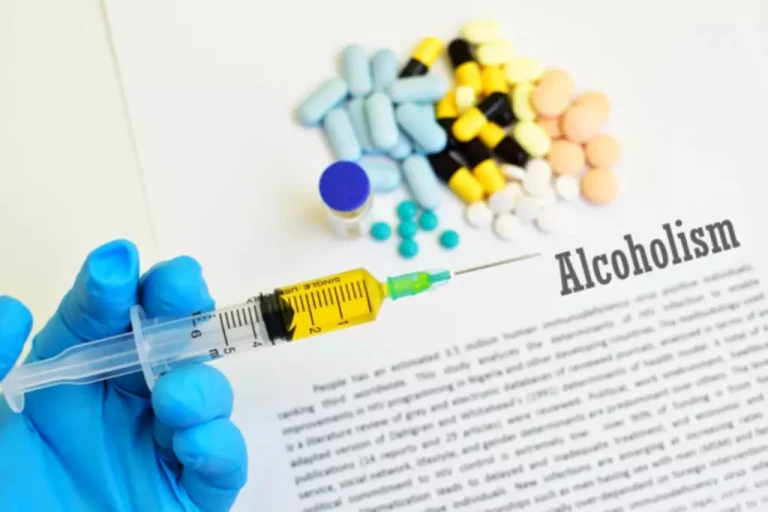
Phosphate
- Laube and colleagues (1967) suggested that both cellular enlargement and cell proliferation contribute to such nephromegaly.
- The Centers for Disease Control and Prevention (CDC) reports that nearly two-thirds of American adults drink alcohol.
- If you have kidney disease, though, your body might struggle to remove all the protein waste.
Kidney infections are infections of one or both kidneys, usually caused by bacteria traveling from the bladder. The increased fluid intake can sometimes flush out bacteria, but in cases of existing infection, it might worsen the symptoms. How long the person engaged in heavy alcohol use, the presence of other health problems and the types of kidney damage that occurred play an important role in how recovery progresses. For men, heavy alcohol use is defined as more than four drinks in a single sitting or more than 14 drinks in a week.
- There aren’t any definite cures or ways to get rid of hangxiety symptoms, except with time, but there are ways that you can cope.
- However, more research is needed into the link between alcohol use and kidney injury.
- Small stones may pass naturally with increased hydration, while larger stones might require medical procedures, including ultrasound or laser treatment.
Alcohol and Hydration
Kidneys’ normal function can drinking make your kidneys hurt is to filter out harmful substances, including alcohol, from your blood. Alcohol consumption causes your kidneys to be less efficient at filtering your blood. In addition, the dehydrating effects of alcohol impact your kidneys’ ability to maintain the optimal amount of water in your body.
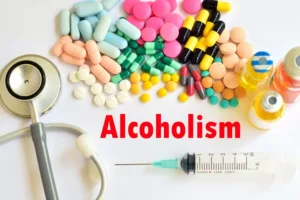
Interestingly, age makes a difference in how rapidly the body escapes alcohol’s ADH-suppressive effect. People older than age 50 overcome suppression of ADH more quickly than their younger counterparts do, despite reaching similar serum electrolyte concentrations after alcohol consumption. In older people, ADH levels sharply increase following alcohol intake, perhaps in part because sensitivity to increased electrolyte concentration is enhanced with age. It is not known whether chronic alcoholic patients experience a similar difference in the ADH response as they age, however. Kidney pain after drinking can stem from various causes, including dehydration or underlying conditions. Sometimes, referred pain can be misleading; for instance, kidney issues might manifest as pain in the shoulder blade area, a condition discussed in detail on this helpful resource regarding dolor omoplato o escápula.
